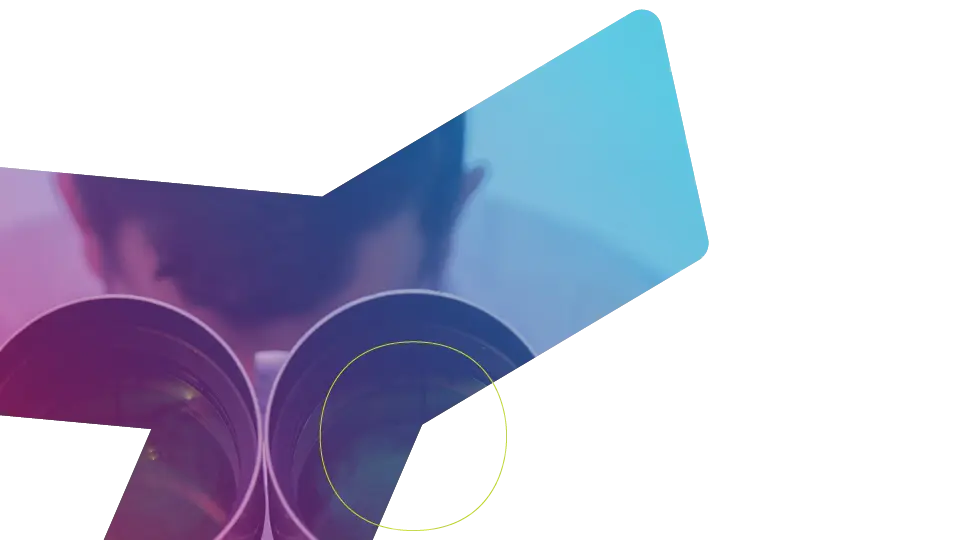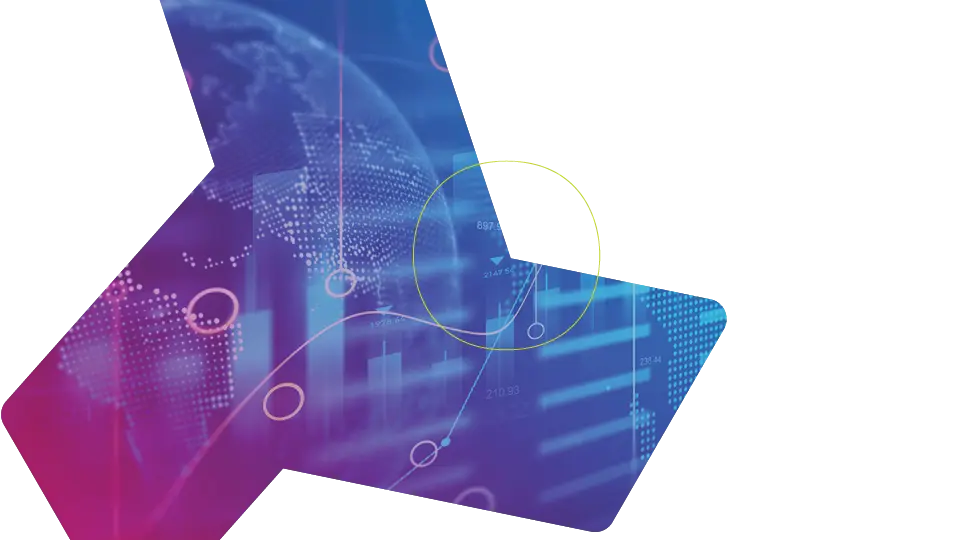The intellectual property (IP) system is situated within a dynamic context, revolving around cutting-edge ideas, fast-evolving business models, and new ways of creative expression. All these have a medium to long-term impact on the IP system.
WIPO, as the global agency for IP, innovation, and creativity, is creating capacity to think systematically about these issues by applying futures thinking and strategic foresight to support long-term strategic thinking for global IP policy making. This includes considering the future development of IP and the global IP system, especially in the context of emerging global challenges.
WIPO initiatives for building the future of IP
We are working to embed futures thinking and strategic foresight in our work to improve anticipatory decision making and improve capacity to identify, manage and adapt to the constant change and complexities affecting the IP system.

Pulse
The first global IP perception survey studying global attitudes towards IP and the changes in such attitudes overtime. It provides a better understanding of people’s awareness and perception around what and where IP is in their everyday life, as well as assessing the importance of creativity and innovation to the general population.

Pathfinders
The global network of thought leaders that analyzes the driving forces that will shape the operating and policy landscape of the IP system in the coming decades. It will follow the evolution of cutting-edge ideas, fast-evolving business models, and new ways of creative expression and explore how they influence the evolution of the IP system, and anticipate the future challenges and questions for the IP system arising from the evolving innovation landscape.

Catalyst
Provides a window into the skills and roles of the IP office of the future and enables them to evolve into agencies of innovation and creativity within their economy.
Why futures thinking and strategic foresight?
Recent events have demonstrated that the world is in constant change where the volatile, uncertain, complex, and ambiguous nature of such changes poses challenges for organizations and individuals to prepare and build agency in an increasingly interconnected world.
Futures thinking allows people and organizations to better understand the role that the future plays in the present as it promotes creative exploration of different options and imagining alternative realities to broaden perspectives and possibilities.
Strategic foresight builds upon futures thinking by equipping individuals and organizations with a systematic process and tools to navigate the landscape of possibilities more confidently. It involves identifying emerging trends, assessing their potential impact, and designing proactive strategies to navigate future uncertainties effectively.
Strategic foresight is one of the “UN 2.0” capabilities outlined in Our Common Agenda, and part of wider United Nations transformation efforts.
